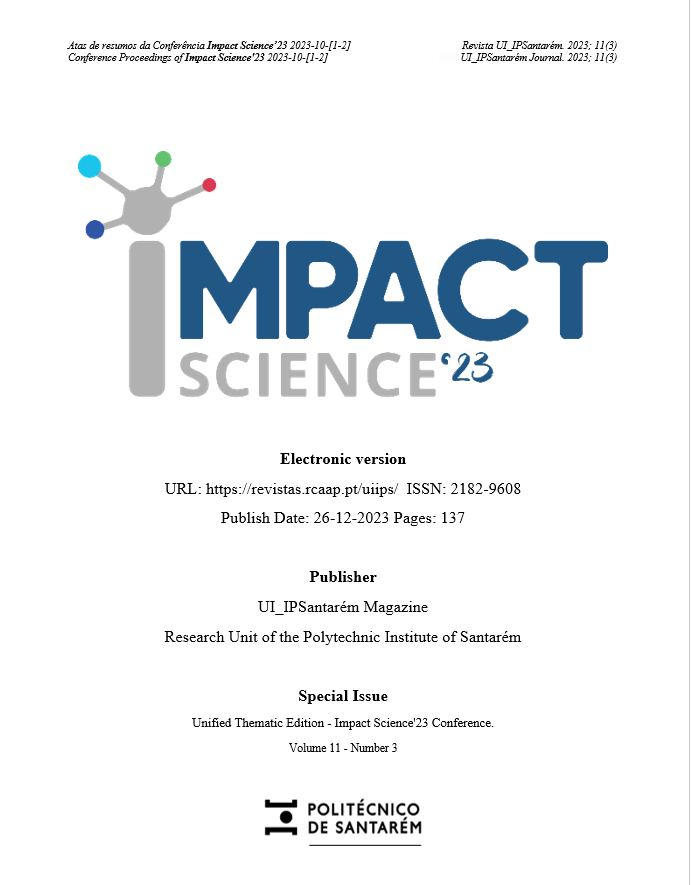Polytechnic Education Institutions in Portugal as Regional Innovation Ecosystems
DOI:
https://doi.org/10.25746/ruiips.v11.i3.32090Keywords:
regional innovation, innovation ecosystems, cocreationAbstract
Polytechnic education institutions in Portugal have played a crucial role in regional development and the promotion of innovation. This academic article explores the role of higher education institutions as regional innovation ecosystems, highlighting their contributions to the economic, social, and technological development of the regions where they are located, based on the state of the art. In this regard, the strategies adopted by polytechnic institutions in Portugal to foster innovation are discussed, including the promotion of partnerships with the business sector, the creation and transfer of knowledge, and the training of highly qualified human resources. Empirically, this research addresses cases of innovation project incubators as drivers of sustainable development in Portuguese regions. Additionally, we reflect on the importance of consortia among polytechnic institutes in the Center of Portugal as instruments for activating knowledge transfer to small and medium-sized enterprises and social economy organizations, specifically mentioning local, regional, and national co-creation competitions (such as the Demola Portugal program).
Downloads
Published
How to Cite
Issue
Section
License
Copyright (c) 2023 Pedro Oliveira, Manuela Natário

This work is licensed under a Creative Commons Attribution-NonCommercial-NoDerivatives 4.0 International License.
Authors publishing in this journal agree to the following terms:
Authors retain copyright and grant the journal the right of first publication, with the article simultaneously licensed under the Creative Commons Attribution License that allows sharing of the work with acknowledgement of authorship and initial publication in this journal.
Authors are permitted to enter into additional contracts separately for non-exclusive distribution of the version of the article published in this journal (e.g., publish in an institutional repository or as a book chapter), with acknowledgment of authorship and initial publication in this journal.
Authors have permission and are encouraged to publish and distribute their work online (e.g., in institutional repositories or on their personal webpage) at any point before or during the editorial process, as this may generate productive changes, as well as increase the impact and citation of the published work.



